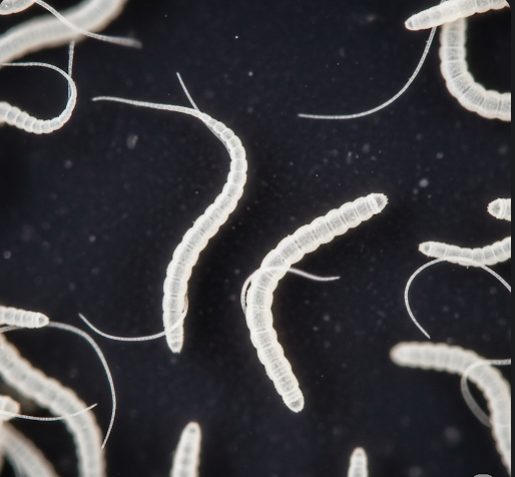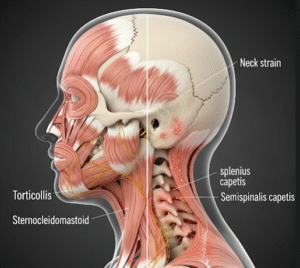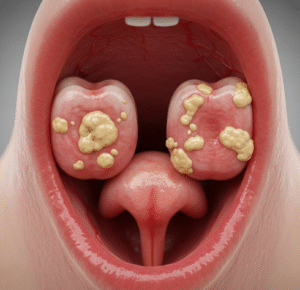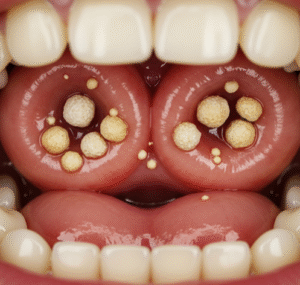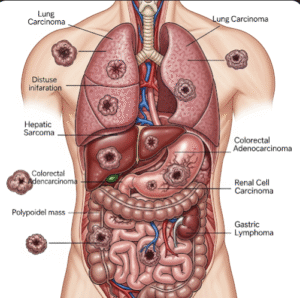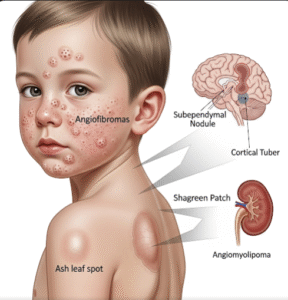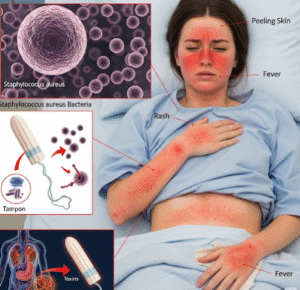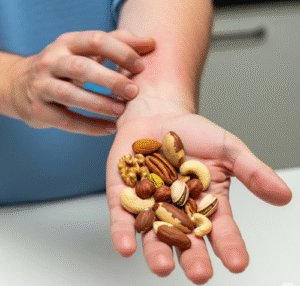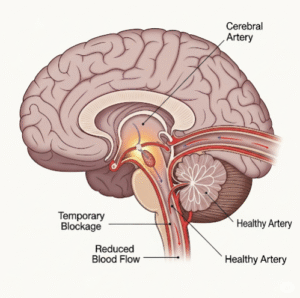Overview
Threadworms, also known as pinworms or Enterobius vermicularis, are small intestinal parasites that commonly infect humans, especially children. They cause discomfort, itching, and sleep disturbances but rarely result in life-threatening complications. In South Korea, threadworm infections are effectively managed through a combination of medical treatment, hygiene education, and family-wide preventive strategies. Korean clinics emphasize early diagnosis, effective medication, and public health awareness to prevent reinfection and control outbreaks in households, schools, and daycare centers.
What are Threadworms (Worms)?
Threadworms are thin, white, thread-like worms that inhabit the colon and rectum. The female worms migrate to the perianal area, particularly at night, to lay eggs, causing intense itching. These eggs are highly contagious and can survive on surfaces, bedding, and clothing for up to two weeks. Humans ingest these eggs, which hatch in the small intestine, mature in the colon, and continue the cycle. In South Korea, medical centers provide accurate diagnosis, treatment, and counseling to break the transmission cycle and ensure complete eradication.
Symptoms
Symptoms of threadworm infection vary depending on the severity and number of worms:
- Intense anal itching, especially at night
- Difficulty sleeping and restlessness in children
- Irritability and fatigue due to disrupted sleep
- Mild abdominal pain or nausea
- Visible worms in the stool or around the anal region
- Secondary skin infections from scratching
- In rare cases, migration to the female genital area causing vaginal irritation or discharge
Early recognition of symptoms is crucial for timely treatment and prevention of complications.
Causes
Threadworm infections are caused by the ingestion of Enterobius vermicularis eggs, often through:
- Contaminated hands after scratching the anal area
- Ingesting eggs from contaminated food, surfaces, toys, or clothing
- Close contact with infected individuals in households, schools, or daycare settings
- Environmental contamination, as eggs can survive on surfaces for several days
Because eggs are easily spread, threadworm infections are highly contagious, making hygiene and prompt treatment essential in Korea.
Risk Factors
Several factors increase the likelihood of threadworm infection:
- Young age, particularly children aged 5–10 years
- Attendance at schools, daycare centers, or group childcare facilities
- Crowded living conditions
- Poor hand hygiene and infrequent washing of hands and nails
- Sharing towels, bedding, or clothing with infected individuals
- Touching contaminated surfaces such as toys, bathroom fixtures, or classroom items
Korean public health initiatives often focus on hygiene education and preventive measures in schools and communities to reduce infection rates.
Complications
Although threadworms are usually not dangerous, untreated or persistent infections can cause:
- Sleep disturbances leading to fatigue, irritability, and reduced concentration
- Secondary bacterial infections from scratching the anal area
- Vaginal or urinary tract irritation in females due to migration of worms
- Rarely, weight loss or nutritional deficiencies
- Emotional distress, particularly in children experiencing chronic discomfort
Prompt diagnosis and treatment in Korean healthcare facilities prevent these complications and improve overall well-being.
Prevention
Preventive measures focus on hygiene, environmental cleaning, and family-wide precautions:
- Hand hygiene: Regular handwashing with soap, especially after using the toilet and before meals
- Nail care: Keeping fingernails short and clean to prevent egg accumulation
- Daily washing: Cleaning the perianal area every morning to remove eggs
- Laundry and bedding: Frequent washing of clothes, bed linens, and towels in hot water
- Household cleaning: Disinfecting frequently touched surfaces, toys, and bathroom fixtures
- Education: Teaching children about hygiene, avoiding nail-biting, and refraining from scratching
- Family treatment: Treating all household members simultaneously to prevent reinfection
South Korea’s healthcare system emphasizes public awareness, hygiene education, and proper treatment to prevent ongoing transmission.
Treatment Options in Korea
Treatment for threadworm infections in South Korea combines effective medications with supportive care and preventive strategies:
Diagnosis:
- Clinical evaluation based on symptoms and family history
- Visual identification of worms on the perianal skin or in stool
- The “tape test” using adhesive tape to collect eggs for microscopic examination
Medical Treatments:
- Anthelmintic medications: Mebendazole, albendazole, or pyrantel pamoate are commonly prescribed
- Dosage: Typically a single dose, repeated after two weeks to eliminate newly hatched worms
- Family treatment: Simultaneous treatment of all household members to prevent reinfection
Supportive Care:
- Strict hygiene practices during and after treatment
- Daily cleaning of the perianal area and frequent handwashing
- Washing bedding, towels, and clothing in hot water
- Disinfecting toys, bathroom fixtures, and frequently touched surfaces
Follow-up:
- Monitoring for recurrence or persistent symptoms
- Reinforcing hygiene and preventive education within the family
- Counseling on long-term measures to avoid future infections
Korean healthcare facilities provide a comprehensive approach that combines medical therapy, environmental hygiene, and education to ensure effective resolution of threadworm infections and prevent reinfection.

